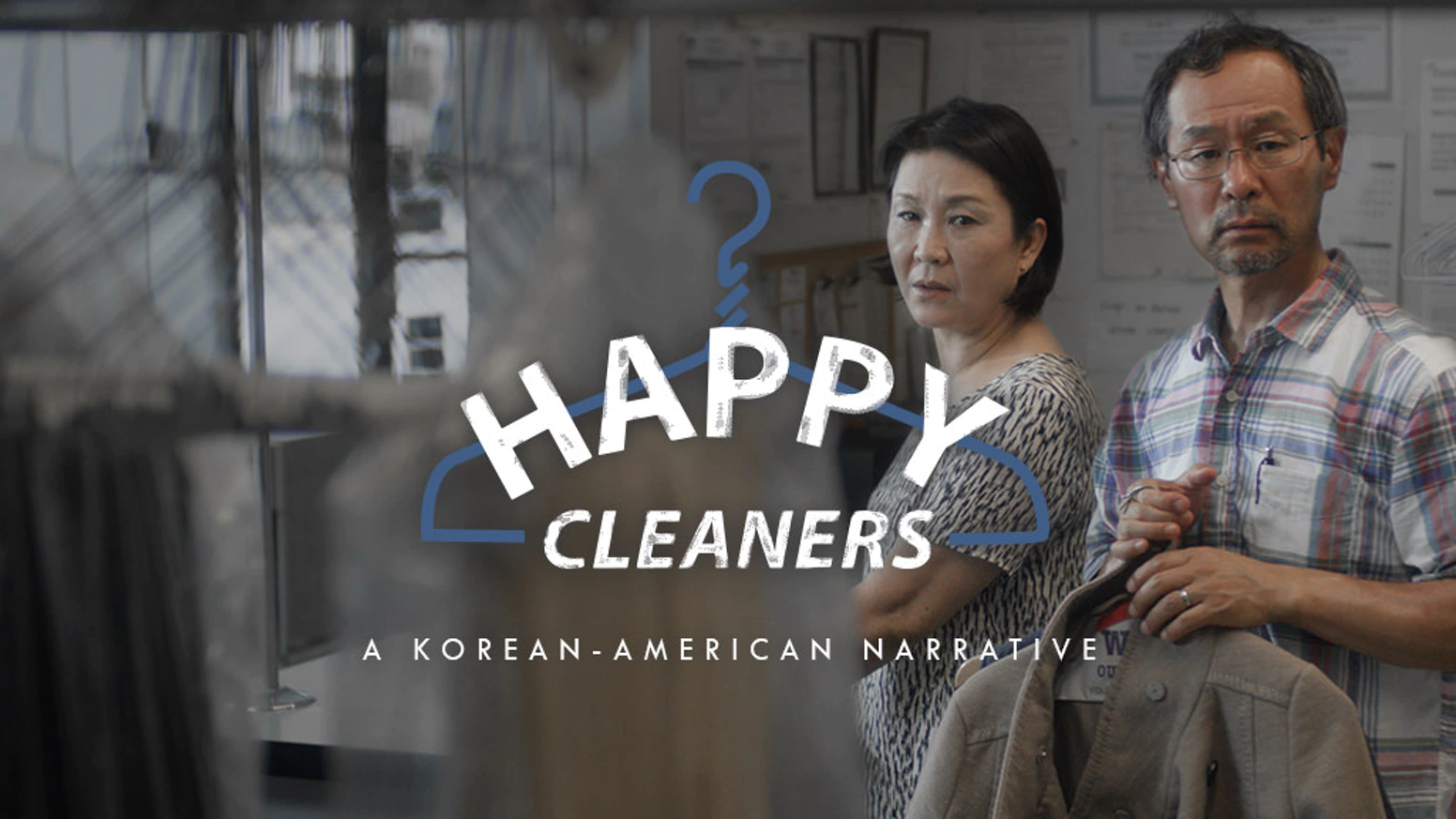IMMANUEL PORTUS WRITES- The 35th Los Angeles Asian Pacific Film Festival ushered in a myriad of untold stories within the backdrop of the Asian-American canvas. Waves of audiences lavished applause as every film took its place and breathed color into every every nook, cranny, and fold of the cinematic canvas.
And in one of the folds lies a special story: Happy Cleaners, a drama film on growing up in a Korean immigrant family directed by Julian Kim and Peter S. Lee. Proudly supported by 284 financial and creative backers who al pledged $39,476, the film marks yet another important story from the Korean-American community.
The film presents Kevin (Yun Jeong) and his sister Hyunny (Yeena Sung), who live with their parents in New York City’s melting pot of diversity and cultural tensions. The family owns a dry-cleaning business in Flushing, Queens. After the property on which dry cleaner sits is sold off to a new landlord, their future turns to look into a rocky, financially unstable path. In the midst of this situation, Kevin and Hyunny must navigate their own waters of adulting and plow towards futures their parents had never foreseen for their children. As Hyunny faces the dilemma of a strained 6-year-relationship and Kevin refuses to back down from his decision of moving into LA, the family explores their ties of trust, unconditional love, and familial support alongside their search for belonging in an adopted country that has yet to “belong” to them.
The setting, a dry cleaning business in the heart of Flushing, is representative of the hearts of multitudes of Koreans who left their homeland in search of a better life, their backs turned to their land now lost. Filmmakers Kim and Lee successfully recreated the scene-or should I say- the dynamic complex of scenes in which they grew up. Whether it is the Korean bakery on the far end of the strip, the Korean Sunday Christian service, mom-and-dad booths and shots hawking various Korean trinkets and foodstuffs, or the diminutive but busy laundry service shops, all are scenes pointing to hope. It can be argued that the portrayals of immigrant life through these various windows are undyingly lagging and slow to push the point forward, but it must be kept in mind that this is a narrative, an unapologetic slice of life told through raw details.
Screenplay-wise, it is devoid of overarching character usurpation and frivolous chatter. Focus is drawn to the importance of family unity, ubiquitous in Korean-American households. The film veers away from ending up as a pastiche of anecdotes through portraying the involvement of the Choi family in their children’s plans. The parents are portrayed as being heavily involved in working menial jobs in the hopes of helping their children reach their dreams in detriment to their own. In light of this recurring motif, Writer and Producer Kat Kim notably saw her involvement in the film as a “more effective” (than working her actual professional ‘day job’ as an attorney) approach to advocating for her “voice for her ethnic and gender community.”
Gordon Yu’s skillfully gritty cinematography lends a realistic tone, stylistic approaches deliberately absent to fully convey the survivalist theme uniting the story’s two halves: the immigrant parents’ dream and sacrifice, and the differing dreams of their children in a challenging world.
As this “days-in-the-life” narrative film makes its way past the film festival circuit and into (perhaps soon) digital distribution services, we can look forward to other creative hearts and minds that will soon arise voicing the same harmony between dreams and conflicting cultures with which Happy Cleaners wowed audiences on its opening night in another “Flushings”: the City of Angels.

